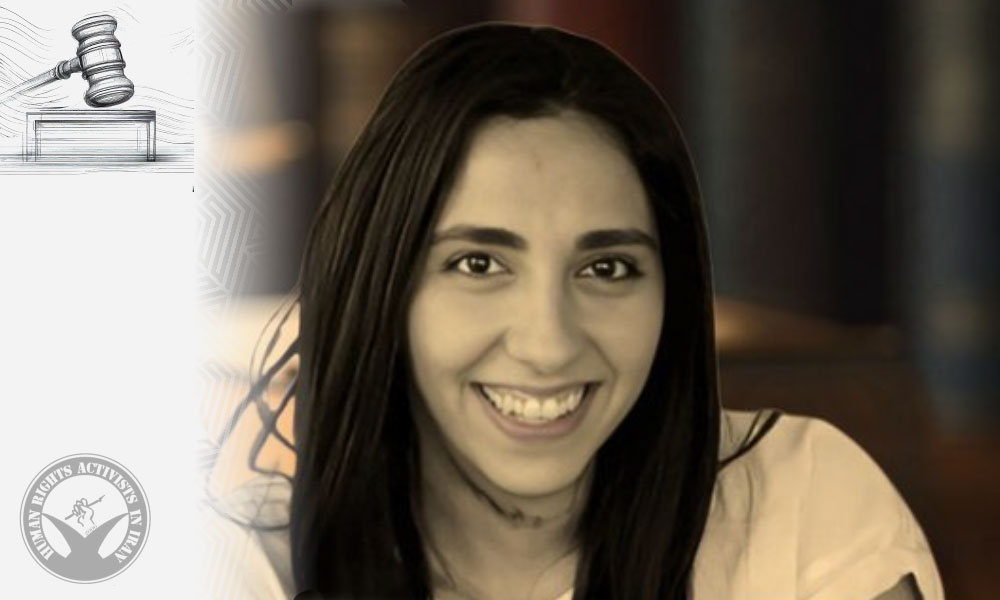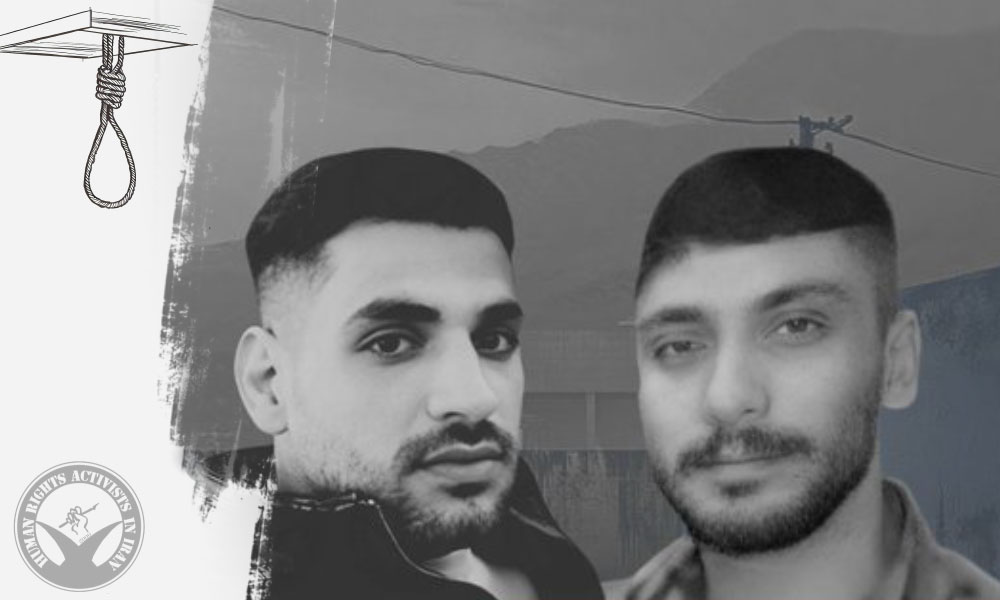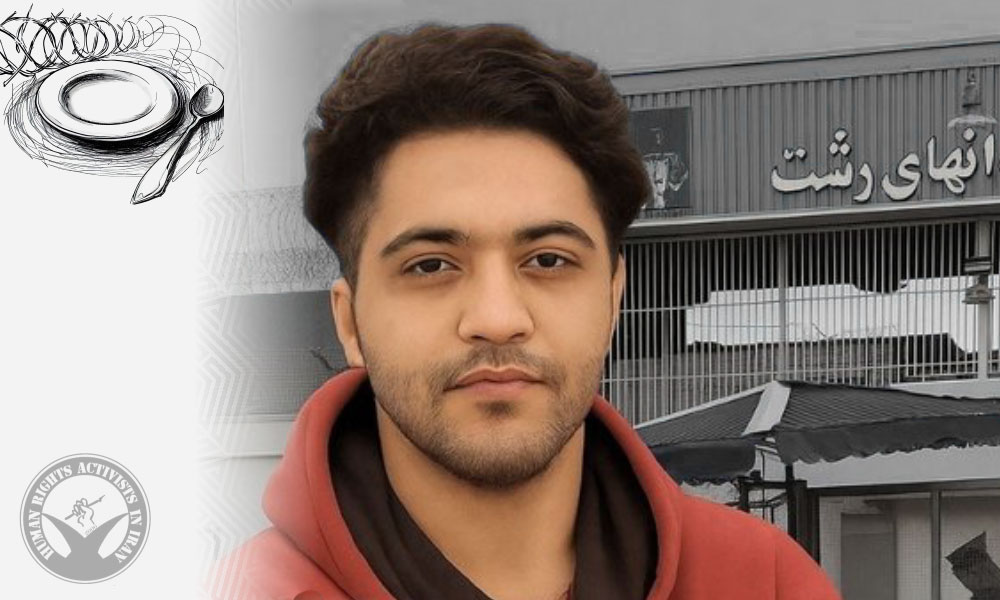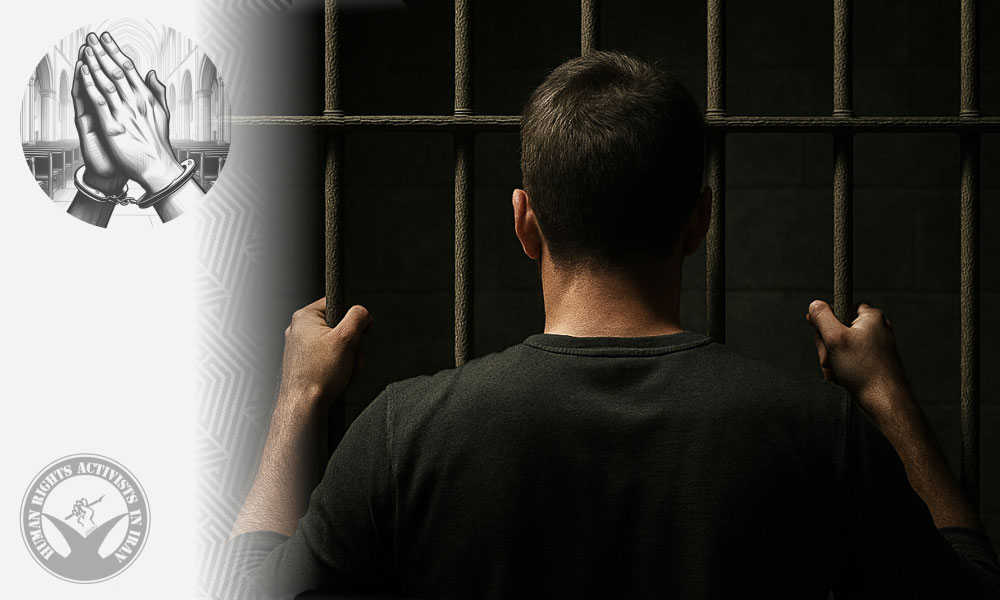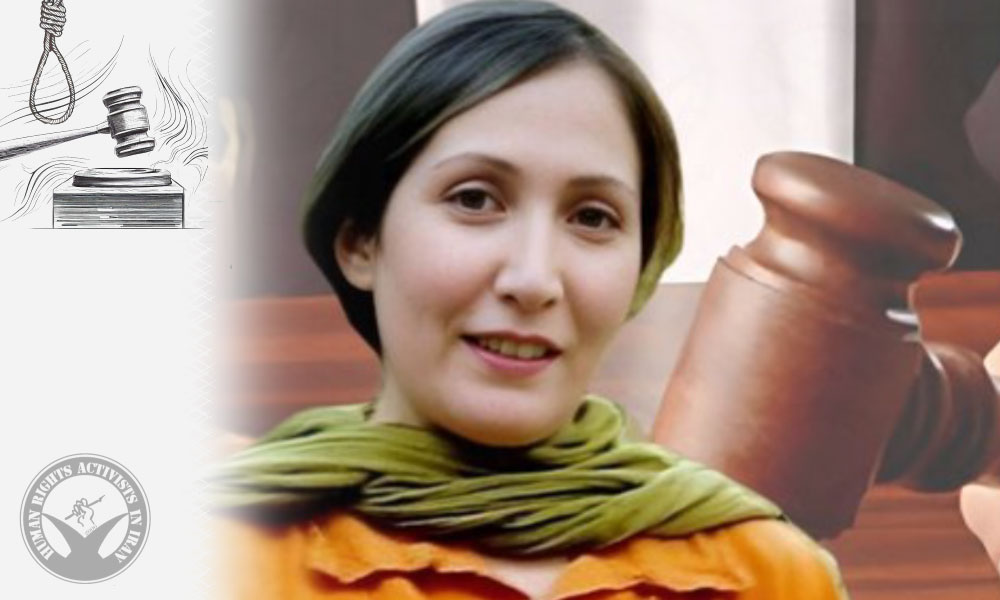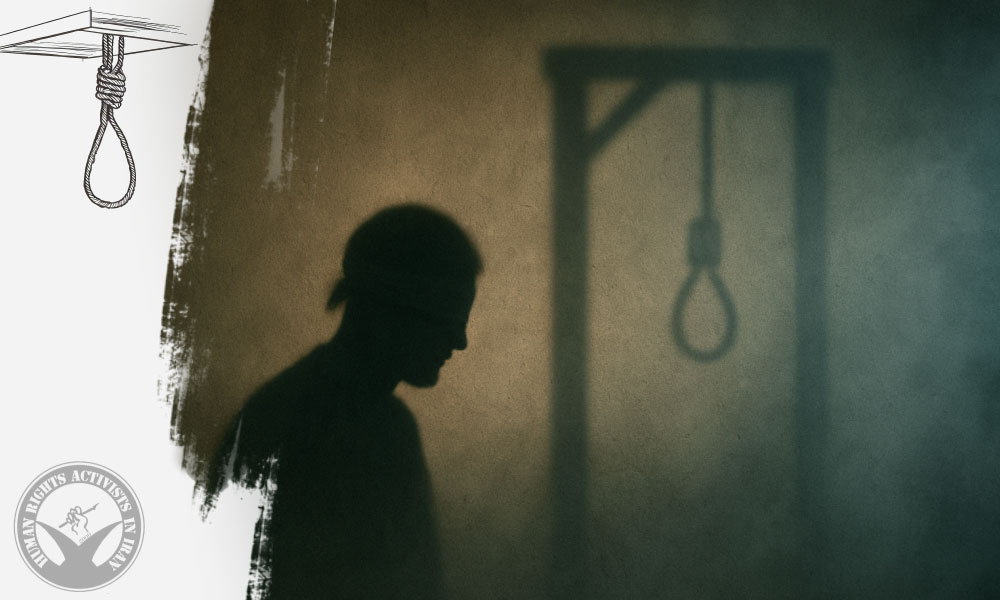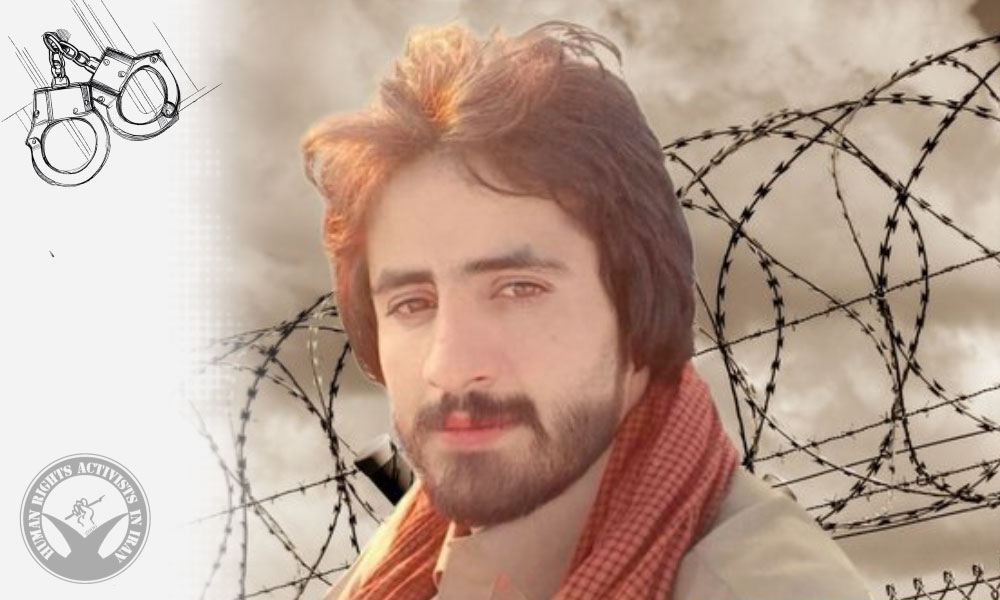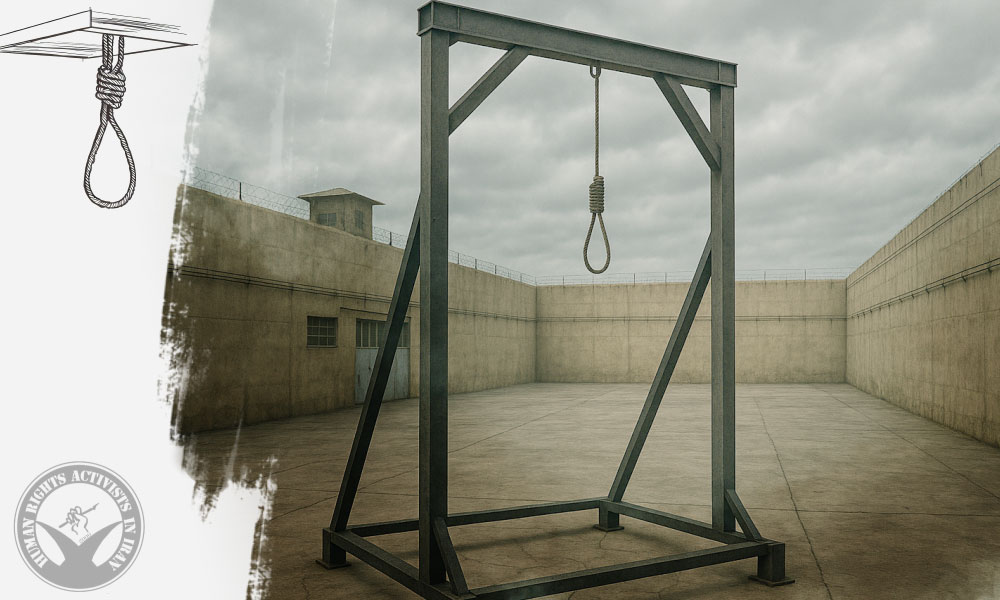HRANA News Agency – Amir Raisian, attorney at law, announced that the death sentence of Sharifeh Mohammadi, a labor activist held in Lakan Prison in Rasht, has been upheld by Branch 39 of the Supreme Court.
Confirming the news, Mohammadi’s lawyer stated: “Branch 39 of the Supreme Court, which had previously overturned the death sentence of Sharifeh Mohammadi, this time—despite all persisting ambiguities and flaws in the case—upheld the ruling.”
According to Raisian, Branch 39 of the Supreme Court had earlier annulled the sentence due to numerous deficiencies, including the lack of evidence connecting her to armed operations, the failure to prove her membership in an organization classified under Baghi (armed rebellion) or a rebel group, as well as flaws in the intelligence agents’ report. The case had then been referred to Branch 2 of the Revolutionary Court of Rasht, but that court “treated the judicial officer’s report as conclusive evidence” and reissued the death sentence.
The lawyer stressed that the ruling of Branch 2 of the Revolutionary Court in Rasht merely repeated the earlier decision of Branch 1, without addressing the Supreme Court’s objections, relying solely on the intelligence report. Raisian added: “It was expected that the Supreme Court would once again overturn the ruling, but contrary to expectations, it did not.”
Reaffirming his client’s legal prospects, Raisian said: “We are still hopeful for retrial. We will continue to pursue a request for retrial and try to annul the death sentence of this prisoner through other legal avenues.” He expressed hope that given the numerous flaws in the case and the judicial process, the death sentence of Sharifeh Mohammadi would be overturned and its enforcement stopped.
In late December of last year, the trial of Sharifeh Mohammadi’s charges was held in Branch 2 of the Revolutionary Court of Rasht. Prior to that, after the Supreme Court’s Branch 39 had overturned her death sentence, the case had been referred back to Branch 2 of the Revolutionary Court of Rasht for retrial.
Mohammadi was sentenced to death on July 4, 2023, on charges of baghi (armed rebellion) due to her alleged membership in an opposition group. This sentence against the female labor activist triggered widespread public outcry.
Her trial, held on June 8, 2023, revolved around multiple charges, including propaganda against the regime, actions against national security, and baghi through her supposed affiliation with the group.
Mohammadi was arrested by the Ministry of Intelligence at her home in Rasht on December 5, 2023. Later that month, she was transferred from Lakan Prison to Sanandaj Prison on December 30, only to be sent back to Lakan after some time.
A source close to her family told HRANA: “Sharifeh was a member of the Association of Labor Organizations until 2013, which has no ties to the Komala group. The charge of baghi is based on her alleged membership in this group, which is not true.”




